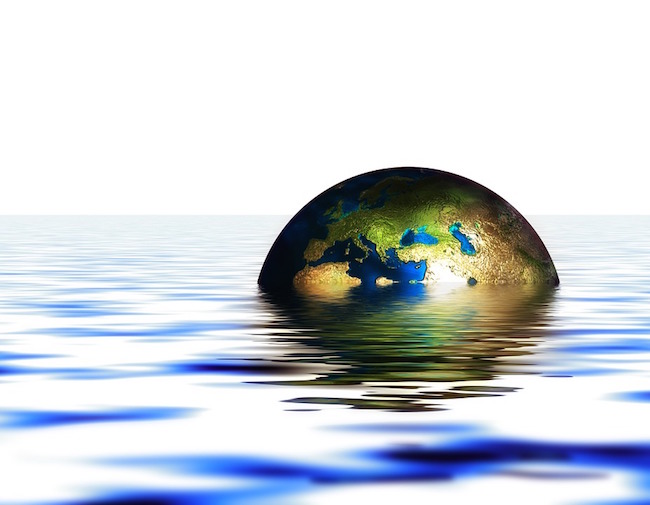Microplastics Harming Our Drinking Water Is A Major Environmental Challenge from Natural Blaze
Plastics in our waste streams are breaking down into tiny particles, causing potentially catastrophic consequences for human health and our aquatic systems, finds research from the University of Surrey and Deakin’s Institute for Frontier Materials.
Led by Dr Judy Lee and Marie Enfrin from the Department of Chemical and Process Engineering at the University of Surrey and Dr Ludovic Dumée at Deakin’s Institute for Frontier Materials, the project investigated nano and microplastics in water and wastewater treatment processes.
The team found that tiny pieces of plastic break down further during treatment processes, reducing the performance of treatment plants and impacting on water quality. The study was published in Journal of Water Research.
There has been substantial study of microplastics pollution, but their interaction with water and wastewater treatment processes had not been fully understood until now.
Approximately 300 million tons of plastic are produced globally each year and up to 13 million tons of that is released into rivers and oceans, contributing to approximately 250 million tons of plastic by 2025.
Since plastic materials are not generally degradable through weathering or ageing, this accumulation of plastic pollution in the aquatic environment creates a major concern.
The research highlights the current difficulty in detecting the presence of nano and microplastics in treatment systems.




